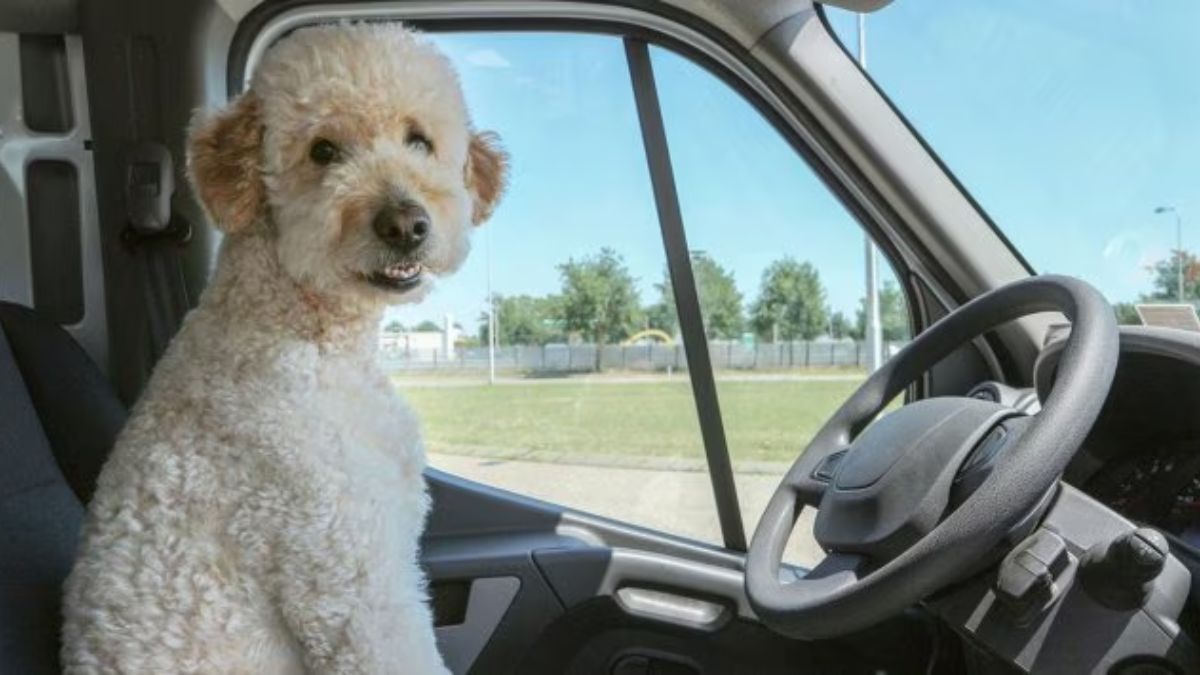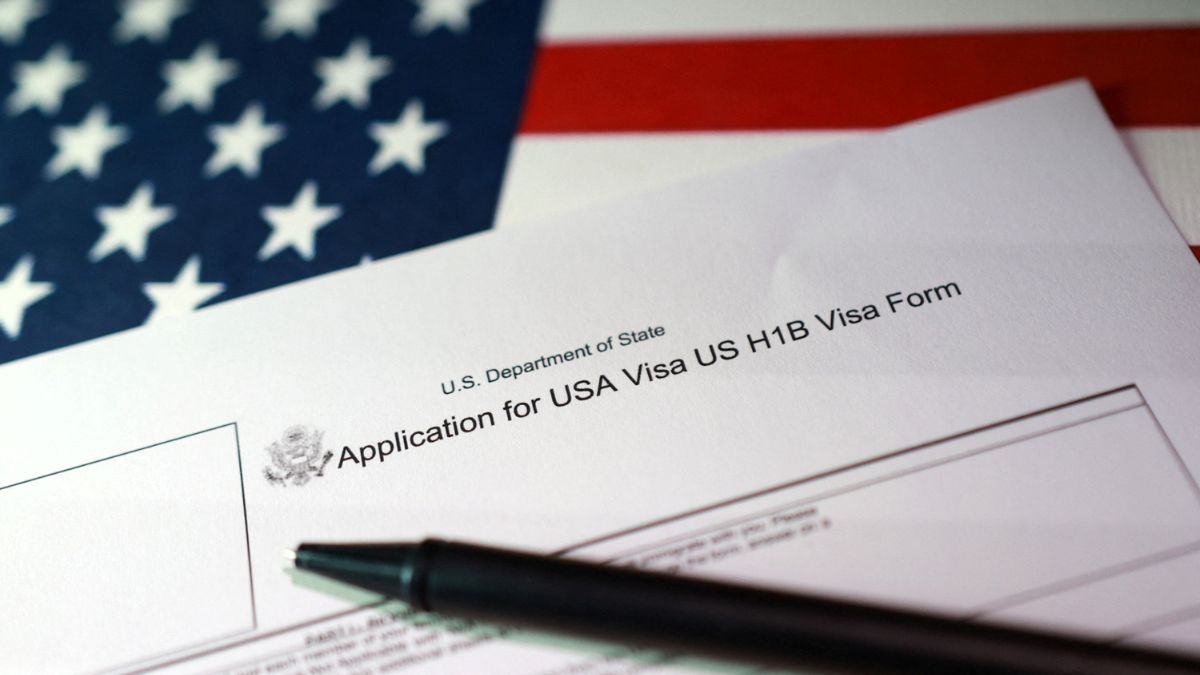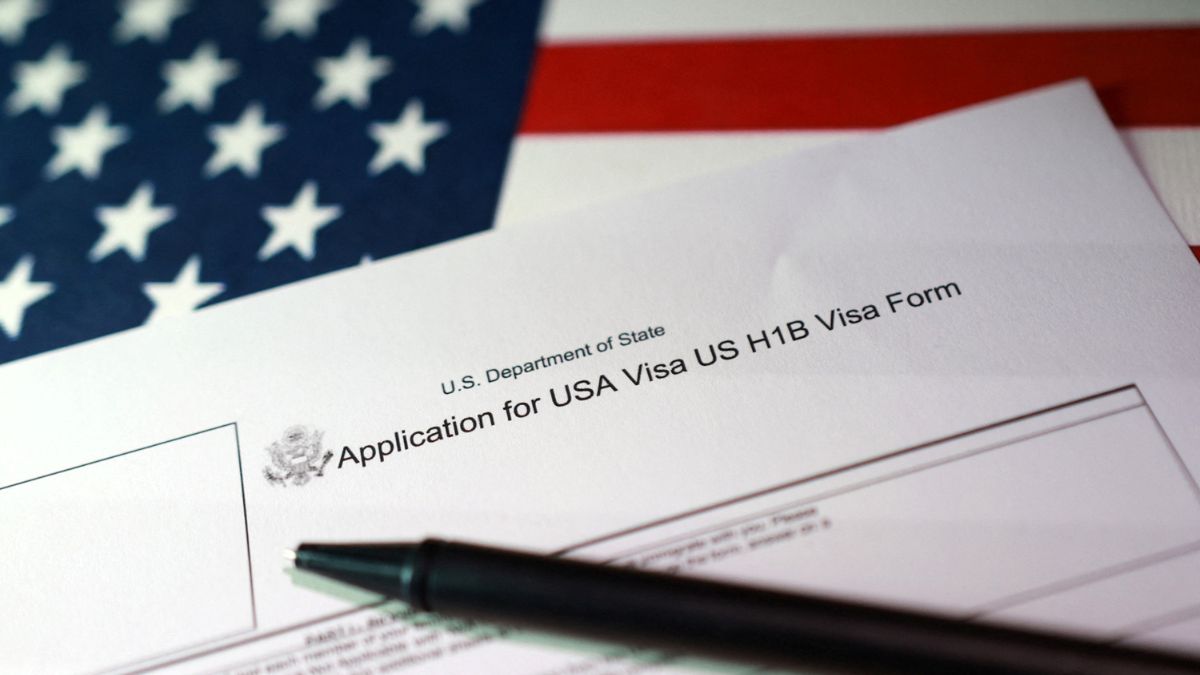What if your dog had to pay to visit a city? Bolzano, a tourist-friendly spot in northern Italy, may soon make that a reality.
Lawmakers in the region are considering a new dog tax that would charge visitors about €1.50 (Rs 156)
per pet, per day for bringing their four-legged companions to the city, which sits in South Tyrol near the Austrian border.
On the other hand, the residents could face an annual fee of €100 (Rs 10,413) per dog. If approved by the provincial council, the tax would kick in by 2026, reviving a levy that was scrapped in 2008.
But why does the city want to tax your furry companion? What have the reactions been like so far? Here’s what we know
Why does Bolzano want to tax dogs?
City officials in Bolzano say the proposed dog tax isn’t just about raising money, it’s about dealing with a very real problem: dog waste littering streets, sidewalks, and parks.
The new tax would replace the city’s current DNA-testing system, which was introduced two years ago to track down irresponsible owners who failed to clean up after their pets.
The idea was that DNA samples could link waste back to specific dogs, but in practice, it never really worked. Only around 12,000 of Bolzano’s 30,000 dog owners complied, partly because the tests cost more than $50 (Rs over 4,000) each.
Not surprisingly, many locals are relieved to see the DNA system go. “I’m pleased that the provincial government has finally chosen the path of common sense and decided to end the DNA registry,” councillor Thomas Widmann told Italian newspaper Corriere della Sera.
Luis Walcher, the councillor behind the tax, told Italian news agency ANSA that dog waste is “a serious problem” in the city. At the moment, owners are legally required to clean up after their pets or face fines ranging from €200 to €600 (about Rs 20,800 to Rs 62,400). Under the new plan, those penalties could go even higher.
Impact Shorts
More Shorts“This is a fair measure because it concerns dog owners exclusively,” Walcher told CNN. “Otherwise, sidewalk cleaning would be the responsibility of the entire community, when it must be said that the only filth on our city streets is dog waste.”
The money raised would go toward cleaning the streets and building dedicated dog parks. However, there’s still some uncertainty about whether rumours are true that dogs may be banned from regular city parks.
What are critics saying?
Not everyone is on board with Bolzano’s plan. Critics argue the tax punishes the wrong people and sends the wrong message.
Carla Rocchi, president of ENPA, a national animal protection organisation, said the move would harm the region rather than help it. “The Province of Bolzano scores an own goal with the tax on dogs and even on four-legged tourists,” she told CNN.
Rocchi criticised the idea as a lazy fix following the failure of the city’s DNA project. “After the resounding and costly failure of the absurd dog DNA project, instead of focusing on civic education, targeted checks, and citizen awareness, we’re once again choosing the easy way out: taxing animals and their owners.”
She argued the tax unfairly targets families and visitors who choose to bring their pets along on holiday. “It’s paradoxical that in an area that thrives on tourism and hospitality, we’re targeting precisely those who choose a respectful and inclusive vacation, bringing their four-legged companion along,” she said.
Rocchi also warned that the tax sends a damaging message by treating animals like luxury items. “Animals are not a luxury, but an integral part of families. Targeting them with new taxes doesn’t solve the problems of incivility experienced by a few, but risks only discouraging responsible travel and, even worse, encouraging abandonment.”
With input from agencies


)

)
)
)
)
)
)
)
)



